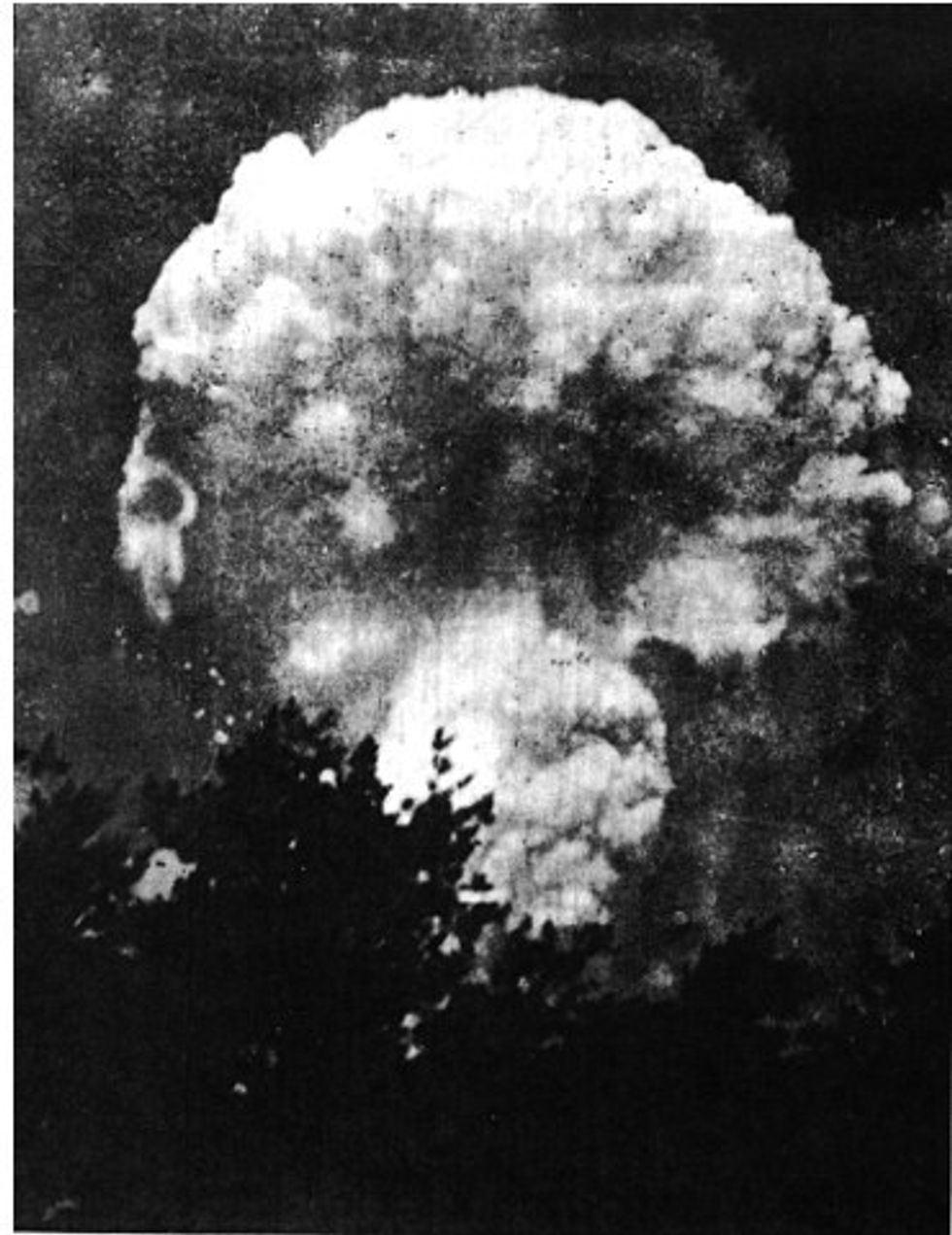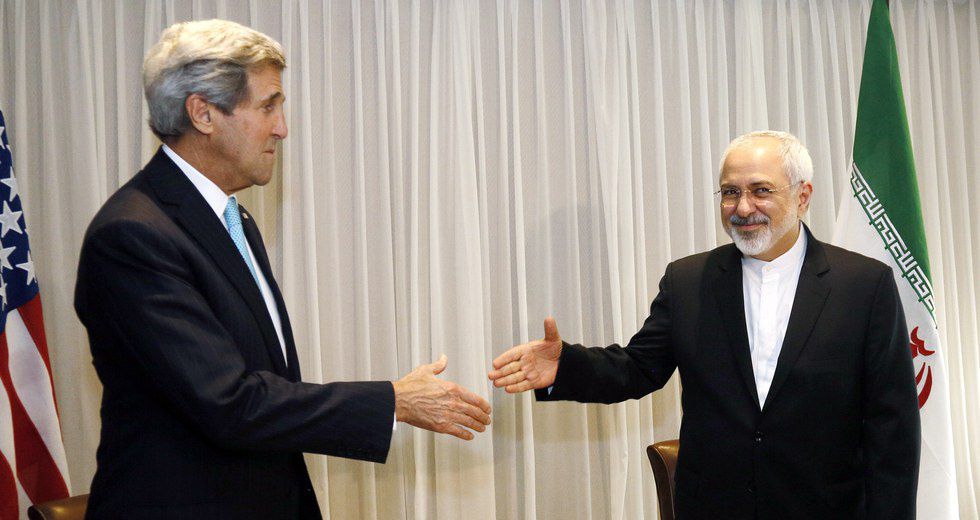Last week, memorial events were held in Japan to commemorate the anniversary of an event that changed human history forever: the atomic bombings of Hiroshima and Nagasaki. For those of you who skipped history class, the bombings were carried out by the United States near the end of World War II in order to bring Japan to an unconditional surrender and swiftly end the conflict. On August 6, 1945, Hiroshima was bombed, followed by Nagasaki three days later. Both cities were completely obliterated by the blasts and an estimated 200,000 people were killed in total, not to mention those who survived the initial blast but died later due to radiation sickness, leukemia, and other medical ailments associated with the bomb. It is the first and only time nuclear weapons have been used in warfare against a civilian population.
This year marks the 70th anniversary of the bombings, and falls at a time where the threat of nuclear proliferation is at the forefront of global politics as evidenced by the recent Iran Nuclear Deal which, as of this article's writing, is undergoing review in the U.S. Congress. The issue with Iran's pursuit of obtaining nuclear power has caused much debate within the U.S. and international community for years, and this agreement, signed on July 14, has been seen as a breakthrough moment in relations with Iran. In simple terms, the deal would limit Iran's capability to produce weapons-grade uranium and plutonium by cutting the number of facilities capable of producing fissionable nuclear material, placing restrictions on the construction of new reactors, and imposing rules on exporting spent nuclear fuel which can be repurposed towards developing a bomb, all of which Iran has agreed to.
The signing of this agreement has sparked much debate and controversy. Those who support the agreement believe that is a massive success in international diplomacy and the most important deal relating to nuclear arms control since the INF Treaty between the U.S. and Soviets in the 1980's. Some believe that this agreement will lead to greater cooperation with Iran among Western nations, especially in the field of science, as well as opening the possibility for lifting economic sanctions. On the other hand, opponents are skeptical of the ability to enforce the treaty's key points and are convinced that Iran will cheat on the agreement in some way. In addition, this deal brings some tension between the U.S. and her allies, especially Israel, who considers these developments as a threat to their national security.
My opinion on this deal is divided. I do believe that it is a great leap in relations with Iran and the non-proliferation of nuclear weapons, however, I am a tad wary as to how true to their word Iran will be. Only time will tell how this deal turns out, but if history has taught us anything it's that nuclear weapons are not a force to be considered lightly. In today's world, there are enough nuclear weapons to equal roughly 400,000 times the bomb dropped on Hiroshima. Realistically, I don't believe the threat of nuclear war will ever vanish, but it is my hope for the sake of our children, and our children's children, that we make the world just a little bit safer.























